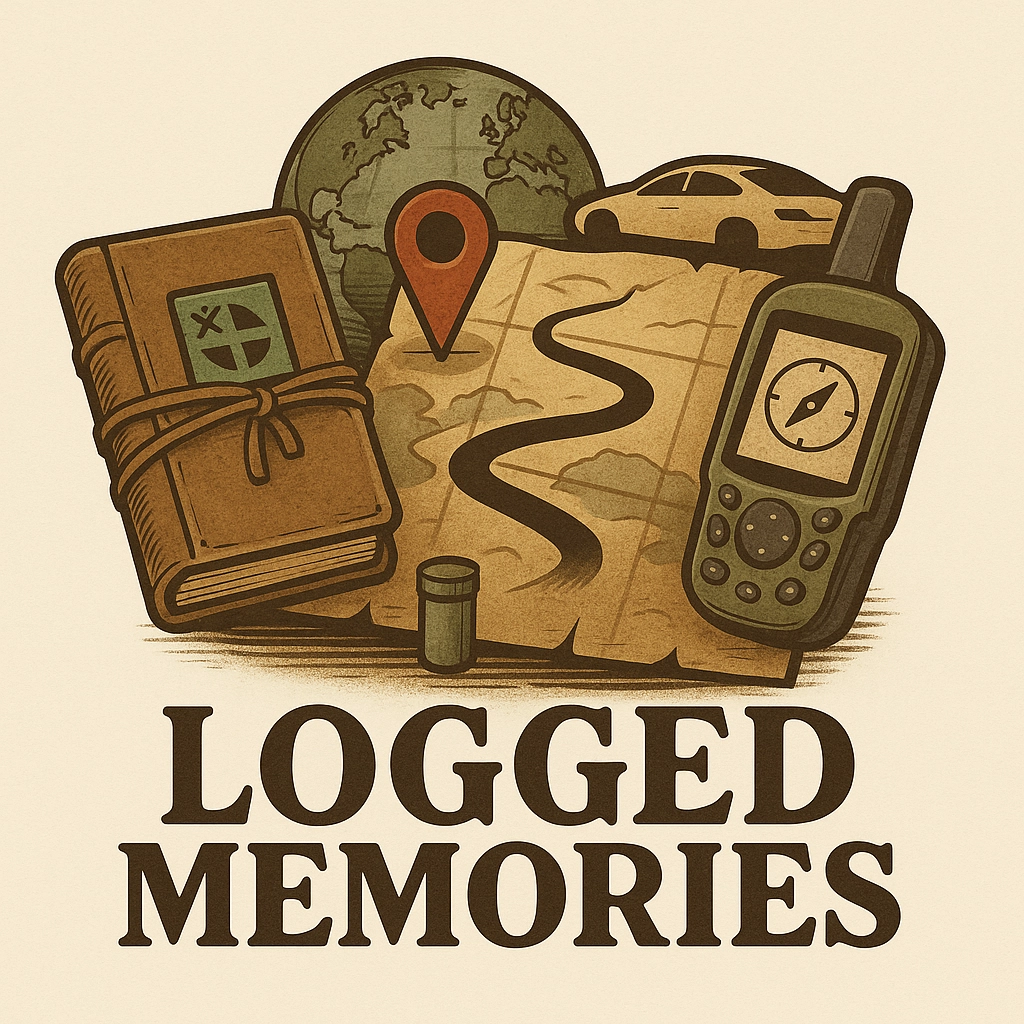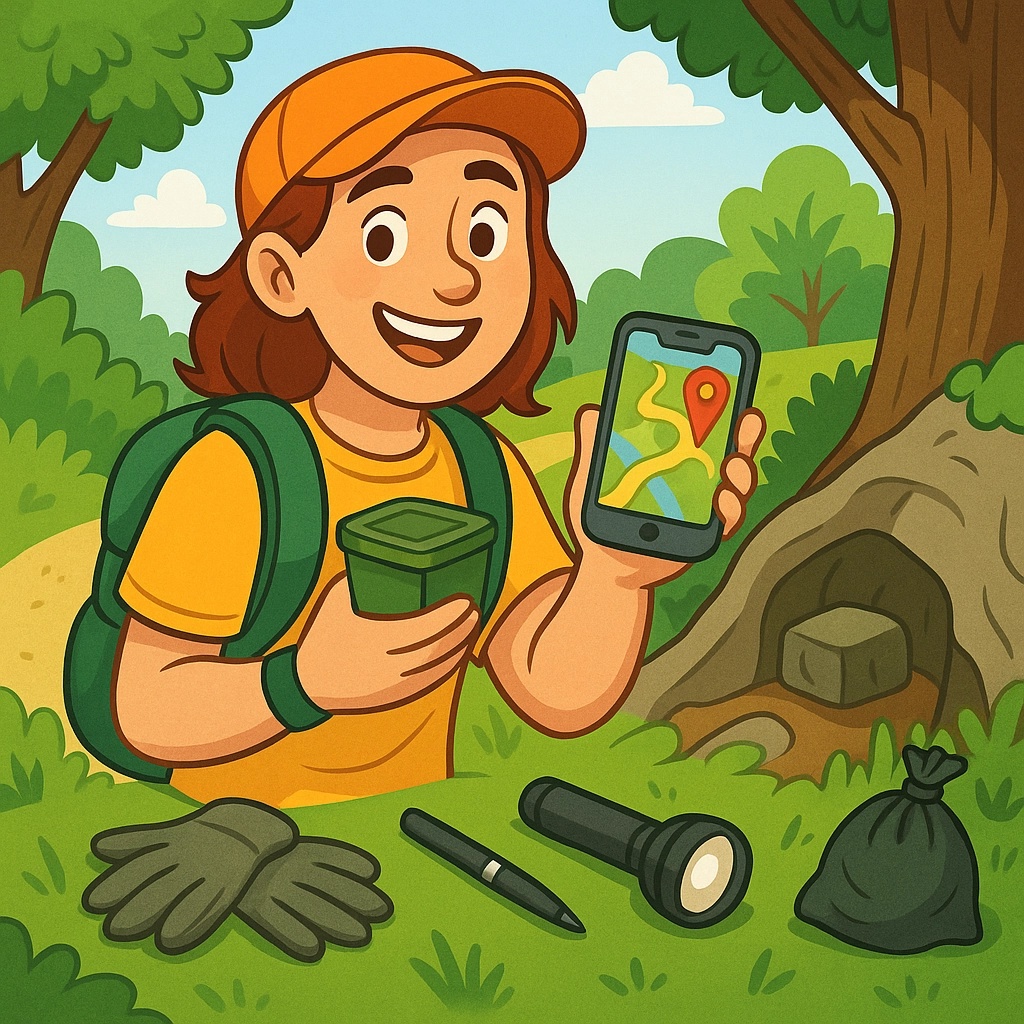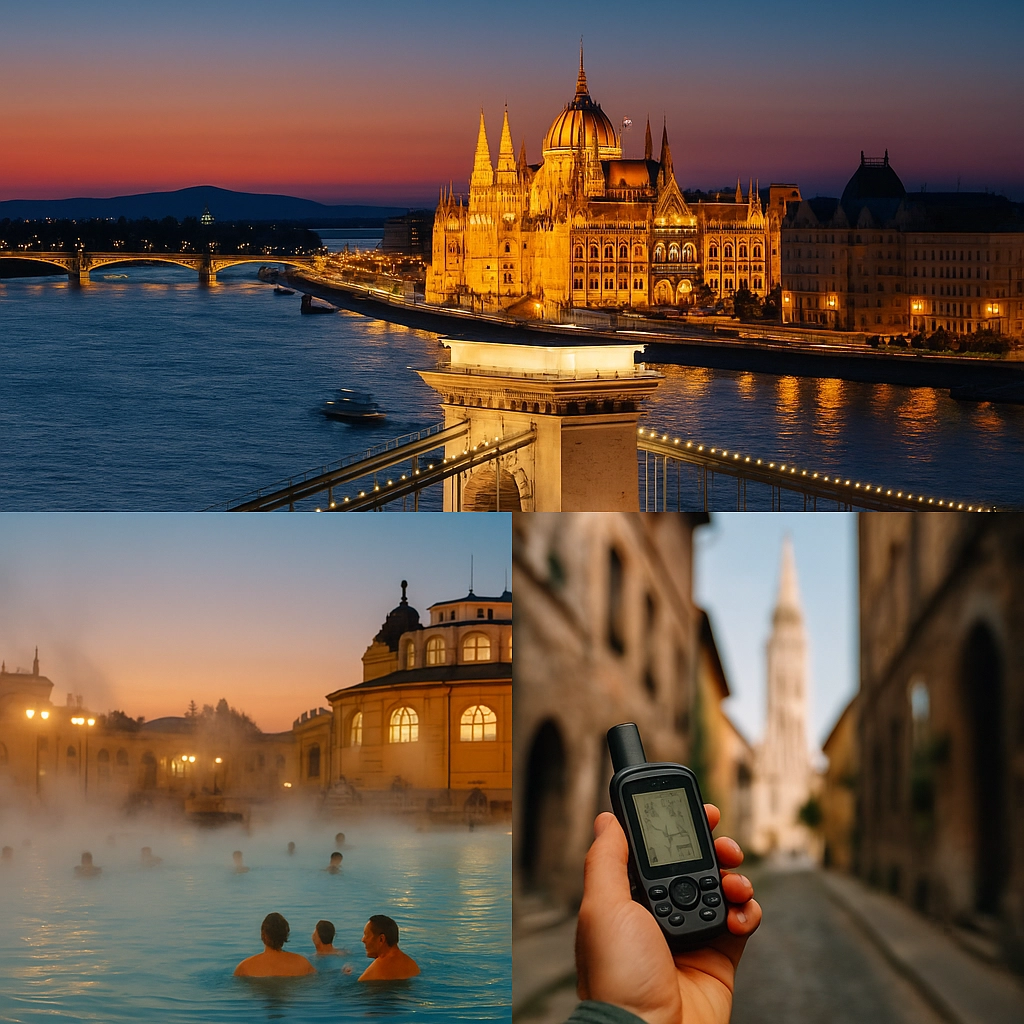Geocaching is an amazing hobby that blends outdoor adventure, technology, and a sense of discovery. If you're just getting started, here are some helpful tips to make your first geocaching experiences safe, fun, and rewarding!
🎯 1. Understand Difficulty and Terrain Ratings
Each cache listing in the Geocaching app includes two important numbers: Difficulty (D) and Terrain (T), each rated from 1 to 5. These tell you how mentally and physically challenging the cache is.
🔍 Difficulty (D) – How hard is it to find or solve?
1 star: Very easy. Usually visible or found quickly without much searching.
2–3 stars: Requires more searching, clever hiding spots, or minor problem-solving.
4–5 stars: For experienced geocachers. May involve puzzles, deep camouflage, or creative thinking.
✨ Beginner tip: Look for caches with a Difficulty of 1 or 2 to start. These are great for learning and building confidence.
🥾 Terrain (T) – How tough is it to get there?
1 star: Wheelchair accessible. Typically in parks, cities, or easy paths.
2–3 stars: Involves some walking, stairs, or uneven paths.
4–5 stars: May include hiking, climbing, water access, or special equipment.
💡 Tip: Stick with Terrain 1 to 2 until you get a feel for your comfort level.
Sample beginner-friendly cache:
D/T: 1.5 / 1.5
A small box near a trail, perhaps hidden in a tree root or behind a fence post. A short search, but very satisfying!
Start with easier ratings and level up as you gain experience. Remember: geocaching is a journey, not a race.
🛠️ 2. Bring the Right Tools
You don’t need high-tech gear to start, but a few basic items can improve your experience:
Smartphone with the Geocaching app installed
Pen (for signing the logbook)
Small flashlight
Gloves (for protection in nature)
Power bank (to keep your phone charged)
Water and a snack. (In case you get lost, or just keep on caching and lose track of time)
Bonus: A pair of tweezers can be handy for tiny logbooks!
Many experienced geocachers also invest in a handheld GPS unit. These devices offer better location accuracy, especially in forests or mountainous terrain, and typically last much longer on a single charge than a smartphone. That said, you don’t need one to begin with—consider investing in a GPS only after you've discovered that geocaching is a hobby you truly enjoy and want to stick with.
📝 3. Log with Respect and Enthusiasm
Once you find a cache, sign the physical log and remember to log it in the app. Here are some etiquette tips:
Don’t spoil the location in your log.
Write more than just "TFTC". A few words of appreciation go a long way.
Leave a favorite point if you enjoyed the cache.
If you take or drop off a Travel Bug or trackable, make sure to log it properly. These items have owners who want to see them travel and stay active.
🧠 4. Think Smart and Stay Safe
Geocaching takes you to surprising places, but safety should always come first:
Avoid going alone at night in unfamiliar areas.
Be mindful of weather, wildlife, and private property.
Don’t draw attention to caches around non-cachers (aka muggles).
Return the cache exactly as you found it.
🌱 5. Be Kind to Nature
Geocaching is about exploration and preservation. Follow the CITO principle (Cache In, Trash Out):
Pack out any litter you find
Don’t disturb plants or animals
Leave the environment better than you found it
A key rule in the outdoors: If no one can tell you were there, you did a great job.
Ready for Adventure?
Geocaching grows with you. Start small, enjoy the process, and celebrate every find. Some of your most memorable moments will come from places you never expected to visit.
Happy caching! 🧭📦✨
Just getting started with Geocaching? You're in the right place! This article is part of our beginner series — check out the full collection here.





Comments